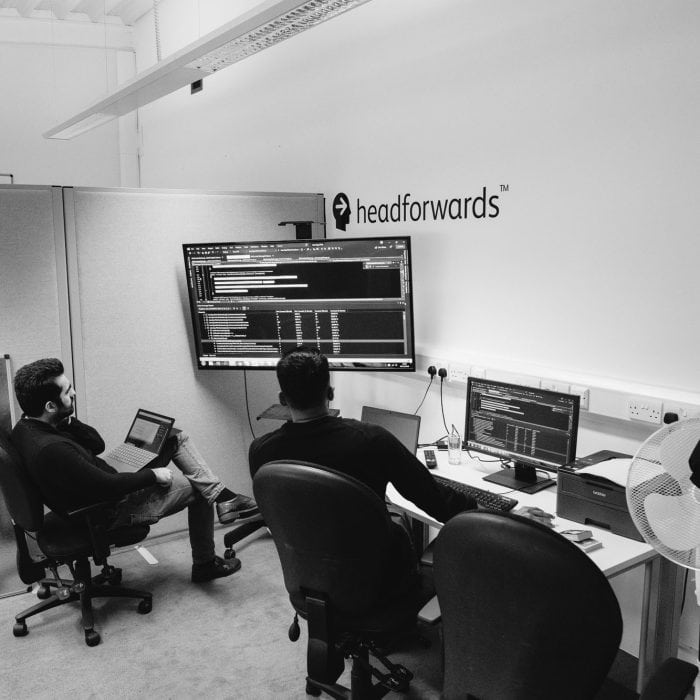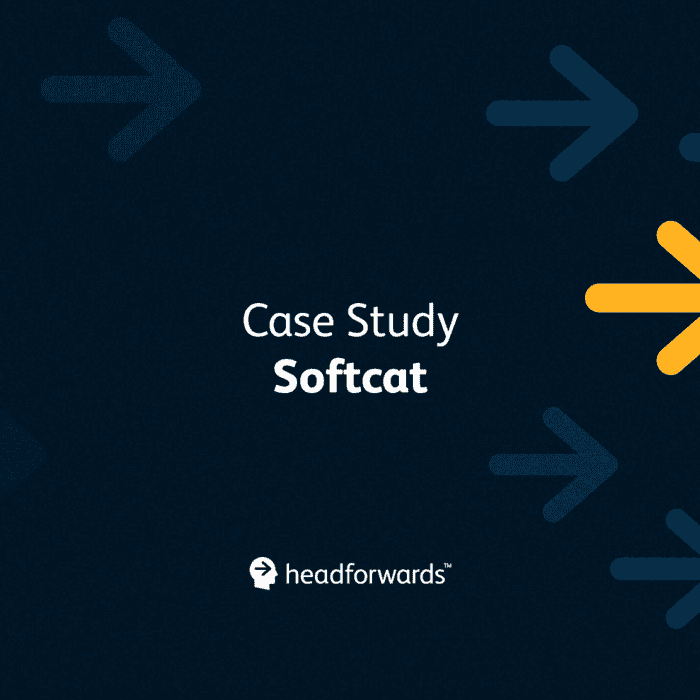Contact Centre CRM
The Single View of the Citizen aims to replace such processes, bringing data sources and services together for efficient handling and secure access via the local authority Contact Centre’s CRM (Customer Relationship Management) tool, which, in the case of Cornwall Council, is Dynamics 365 Customer Service.
In the background, Dynamics 365 Customer Insights, running on the Microsoft Azure cloud platform, can be responsible for cleaning the data, for example employing multiple validation criteria to resolve any duplication from the assorted services’ databases.
Agile software delivery starts typically with an MVP (minimum viable product) that meets the requirements and is then improved upon with subsequent releases. To that end, and to maintain service continuity, it was appropriate at Cornwall Council to integrate initially with the outgoing CRM via API and then to gradually replace its functionality with the new Dynamics-based system.
Where API interaction is limited or not available, this can require manual entry of email-based information, for example, into the new CRM in the short term, until integration of the service with Dynamics is complete. Such work to integrate more functionality is on-going, based on the priority of the affected services.
Other services might have their own CRM and specialist back-office case management tools that are well suited for their specific purpose. Again, their data can be pulled into Dynamics via an API and displayed as part of the Single View but there are not always plans to replace such systems.
On the other hand, services that are new, such as the Cornwall Council’s new waste management model, have had their back-office processes built from scratch in Dynamics and integrated with the subcontractor’s own CRM.
With the relevant information quickly to hand in the Dynamics CRM, which has improved integration with the telephony service, Contact Centre staff can deal with cases and create service requests efficiently and effectively. When a resident calls, their information, and the status of any on-going cases or requests, is quickly retrieved, and existing reports, of an abandoned vehicle or fly-tipping for example, will be easily identified to prevent duplication.
Furthermore, certain actions, such as closing resolved cases and sending subsequent notification to the appropriate residents, can be automated to save time.
Implementing the Dynamics CRM has enabled the team to take the opportunity to re-design and improve the way the Contact Centre interacts with residents. The new system is flexible enough to handle cases where the resident needs to be identified, such as when making a service request, or where a call can be anonymous, such as when reporting something and not requiring a follow-up notification. In the case of Cornwall Council, the outgoing system required resident details to be added or retrieved, and then confirmed, for each call, which lengthened each interaction.
All this improved efficiency means more time is available to deal with cases effectively, thus improving the experience of the resident and reducing operator workload in an otherwise often overstretched environment.


